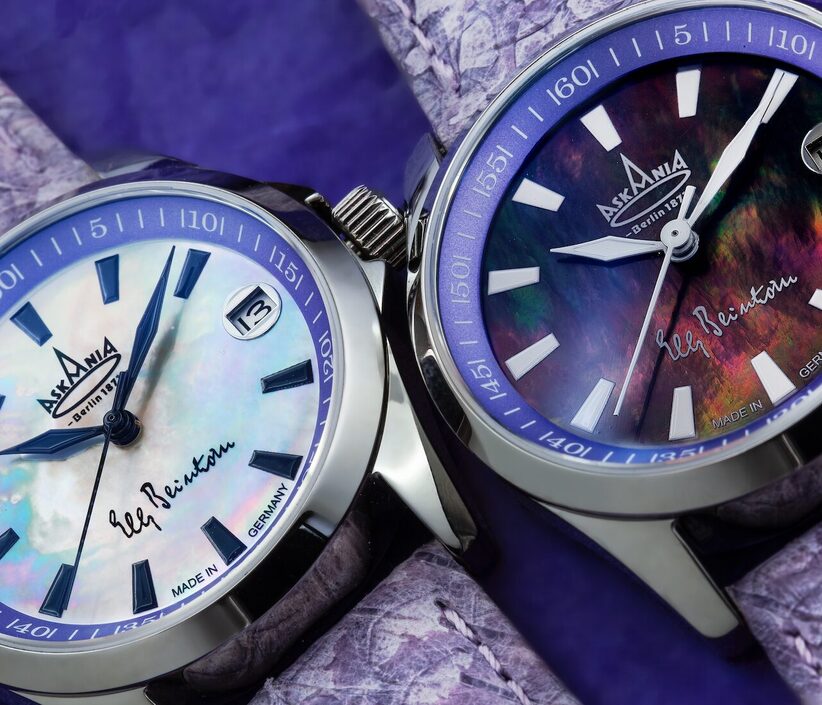
Like a phoenix rising from the ashes of history, Askania has once again taken flight. Born in 1871 under the meticulous hands of Carl Bamberg—a protégé of the legendary Carl Zeiss—this Berlin titan once ruled the skies, seas, and wrists with its peerless instruments and watches. War and time tried to bury its legacy, but passion, like a coiled mainspring, refused to stay wound down.
Enter Leonhard R Müller, a man whose heart beat in sync with the ticking of pilot watches. Where others saw relics, he saw resurrection. With the stubbornness of a tourbillon fighting gravity, he breathed life back into the Askania name. Today, his Berlin atelier doesn’t just make watches—it forges mechanical poetry.
Celebrating a century and a half, Askania isn’t merely marking time—it’s defying it. Their creations are less like products and more like horological heirlooms, each piece a silent rebellion against the disposable. From cockpit chronographs to marine instruments, their craftsmanship whispers a simple truth: precision isn’t a feature, it’s a religion.
What makes Askania’s legacy tick? Consider this:
In an era of smartwatches that beg for charging cables, Askania’s mechanical heartbeats are a defiant anachronism. They don’t just tell time—they embody it. Each gear and spring is a nod to an era when craftsmanship wasn’t a marketing term but a solemn vow.
Askania’s story isn’t just about survival; it’s about alchemy. Turning steel into art, history into future, and wearers into custodians of something far greater than themselves. For those who understand, no explanation is needed. For those who don’t, no explanation will suffice.